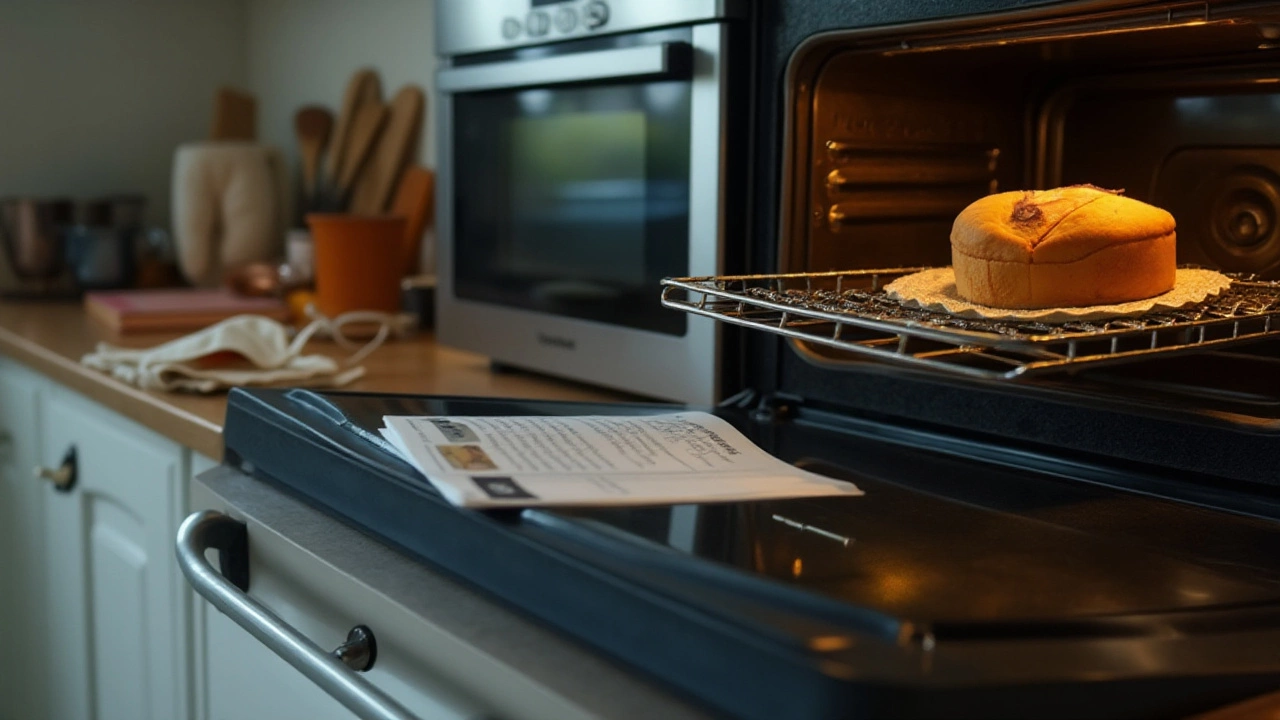Kitchen Maintenance Made Easy: Keep Your Appliances in Top Shape
Ever wondered why your dishwasher starts making weird noises or why the oven takes forever to heat up? Most of those problems can be avoided with a little regular care. You don’t need a degree in engineering – just a few simple habits and a bit of know‑how.
Everyday Care for Common Kitchen Appliances
Dishwasher: After each wash, wipe the door seal with a damp cloth. Food bits love to hide there and can cause leaks. Run a hot water cycle with a cup of white vinegar once a month – it clears mineral buildup and keeps the spray arms working.
Oven and Hob: Keep spills cleaned up while the oven is still warm. A cool oven makes it harder to scrape off burnt food, and the heat can bake the mess onto the surface. For electric hobs, check the element regularly. If you see cracks or the element flickers, it’s time for a swap before it burns out completely.
Fridge: Clean the condenser coils at the back every six months. Dust makes the motor work harder, which raises your electricity bill and can shorten the fridge’s life. Also, make sure the door gasket is tight – a loose seal wastes energy and can lead to frost build‑up.Microwave: Place a bowl of water with a few slices of lemon inside, run it for two minutes, then wipe down the interior. The steam loosens food splatters, and the lemon leaves a fresh scent.
Extractor Fan: Turn the fan off once a week and clean the filter. Grease builds up quickly and can cause the fan to stall or make a nasty smell.
When to Call a Pro
Even with the best routine, some issues need a qualified technician. If your hot water heater trips the reset button repeatedly, keep an eye on it but call a pro before it leaves you with cold showers. A boiler that makes banging noises or loses pressure should be inspected right away – those problems can turn into costly repairs.
For ovens older than 7‑8 years, weigh repair costs against a new unit. Replacing a heating element might be cheap, but a failing control board can be pricey. Same goes for wash‑overs: a washing machine that leaks or makes loud thumps may have a failing pump or motor that’s better off replaced.
When you’re unsure, describe the appliance clearly to the service company. Mention the make, model, and exact symptoms – it helps the technician bring the right parts and speeds up the fix.
Bottom line: a few minutes of simple maintenance each week can save you big money and hassle. Keep a checklist on your fridge door, follow the quick tips above, and know the signs that mean it’s time to call Wells Appliance Repairs. Your kitchen will stay quiet, efficient, and ready for everyday cooking.
How Often Should You Replace Your Cooker?
0 Comments
When it comes to replacing your cooker, how often is too often? Most cookers can last a good number of years if they're taken care of properly. But what are the signs that it's time for a change? We'll explore the basics of maintenance, the average lifespan of a cooker, and when to consider repair over replacement. Plus, discover some handy tips to extend your cooker's life.
Read MoreSigns Your Cooker Needs Repair and How to Fix Them
0 Comments
Determining whether your cooker is broken can sometimes be a tricky task. A malfunctioning cooker can display various signs, such as uneven heating, strange noises, or completely failing to heat up. Understanding these signs can help you identify whether you need a simple repair or an expert's touch. This article dives into common symptoms of a faulty cooker, tips for initial troubleshooting, and knowing when it's time to call in professional help.
Read More
